On April 10th, 2024, the John J. Brunetti Human Trafficking Academy hosted a distinguished presentation addressing the pressing issue of Gang-Controlled Sex Trafficking. The event featured The Honorable Michael Frank, Chief Magistrate Judge, U.S. District Court, Northern District of Florida, as the keynote speaker, offering invaluable insights derived from his extensive experience and expertise in prosecuting human trafficking and child exploitation crimes.
Prior to his judicial appointment, inter alia, Judge Frank served in the U.S. Department of Justice as an Associate Deputy Attorney General and counsel to the Deputy Attorney General. He was the Justice Department’s national coordinator to combat human trafficking and child exploitation crimes. He has also served as an Assistant United States Attorney in the Eastern District of Virginia, in the role of the human trafficking crimes coordinator, and prosecuted many types of human trafficking cases, including gang-controlled sex trafficking cases. Prior to that, he was a federal prosecutor in the Criminal Section of the Justice Department’s Civil Rights Division. In that role, he prosecuted both labor and sex trafficking cases throughout the United States. In the US and internationally, Judge Frank has provided training on human trafficking to judges, investigators, and prosecutors, and in academia he has served as an adjunct professor at George Washington University’s Elliott School of International Affairs, the U.S. Army Judge Advocate General’s Legal Center and School, and as visiting faculty at the University of Notre Dame Law School.
His tenure in these influential positions afforded him a profound understanding of the intricate mechanisms underlying such crimes, positioning him as a formidable authority in the field.
During the presentation, Judge Michael Frank leveraged his comprehensive knowledge to delve into the specific phenomenon of gang-controlled sex trafficking, with a particular focus on the notorious MS-13 gang. Attendees were provided with an analysis of the methods employed by these criminal organizations, as well as the far-reaching implications for victims and communities alike, at a time when prostitution and sex trafficking have been an important source of revenue for organized crime. Judge Frank discussed the reasons why sex trafficking has even stronger appeal to criminal street gangs. Among other things, sex trafficking is highly profitable; it entails relatively minimal risk of detection by the police, and gangs already possess many of the tools and connections necessary to operate a sex trafficking venture. He noted that law enforcement agencies have seen an increase in gang activity, including gang-controlled sex trafficking. Their penchant for violence and experience with other unlawful activities make gang involvement in sex trafficking a dangerous combination. He explained the mechanisms by which gangs traffic victims, including the means by which gangs recruit and maintain victims, the tools they use to market victims to customers and the methods they employ to prevent victims from escaping their clutches. He provided examples of these activities from sex trafficking cases prosecuted in federal courts throughout the United States.
His presentation also underscored the imperative of collaborative efforts among law enforcement agencies, advocacy groups, policymakers, families, schools, faith-based institutions and the community at large in addressing this multifaceted issue.
The event provided a platform for meaningful dialogue and engagement, fostering a shared commitment among participants to combatting human trafficking and safeguarding vulnerable populations.
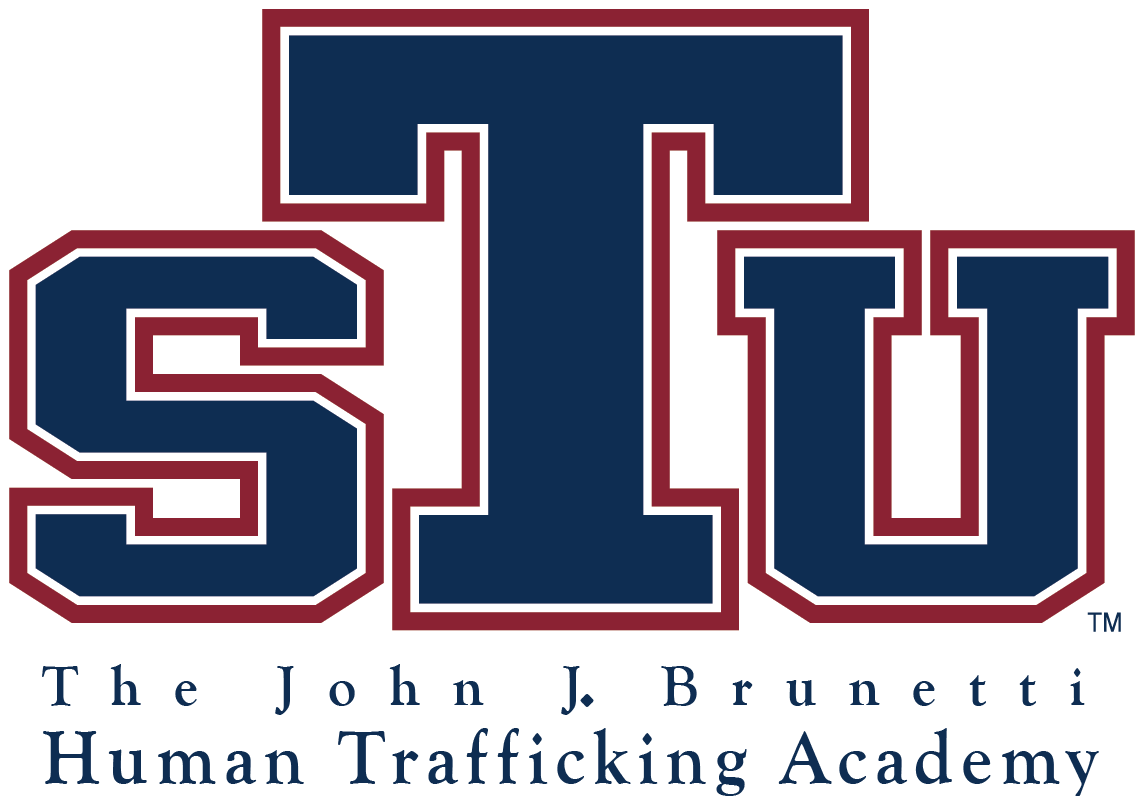













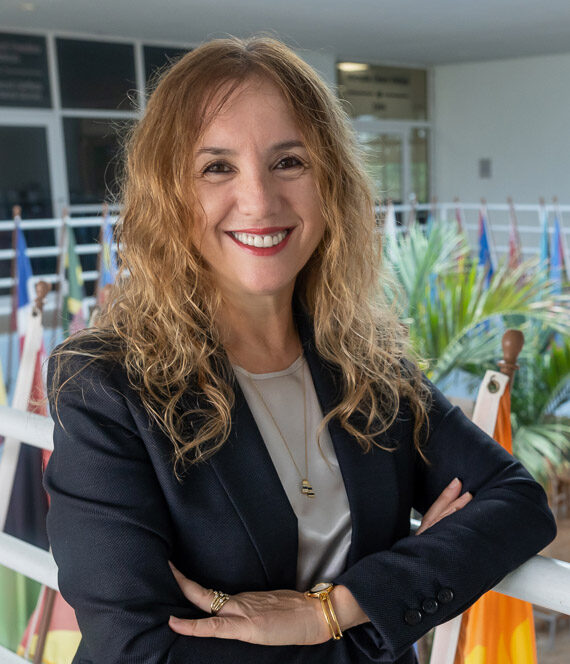 Prof. Dr. Roza Pati
Prof. Dr. Roza Pati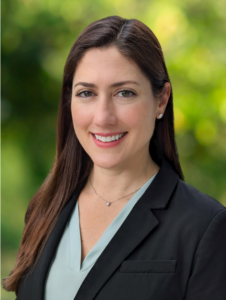
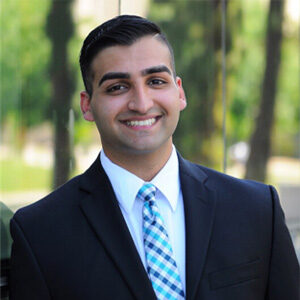
 Professor Brendan M. Conner
Professor Brendan M. Conner  Professor Linh K. Dai
Professor Linh K. Dai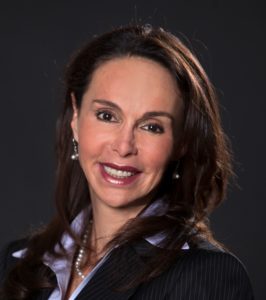
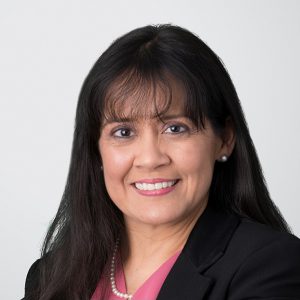


 The Honorable Bella Hounakey
The Honorable Bella Hounakey
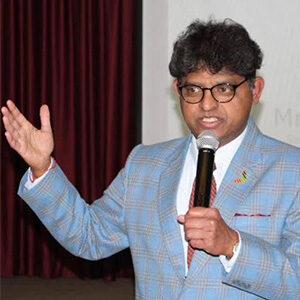 The Honorable Harold D’Souza
The Honorable Harold D’Souza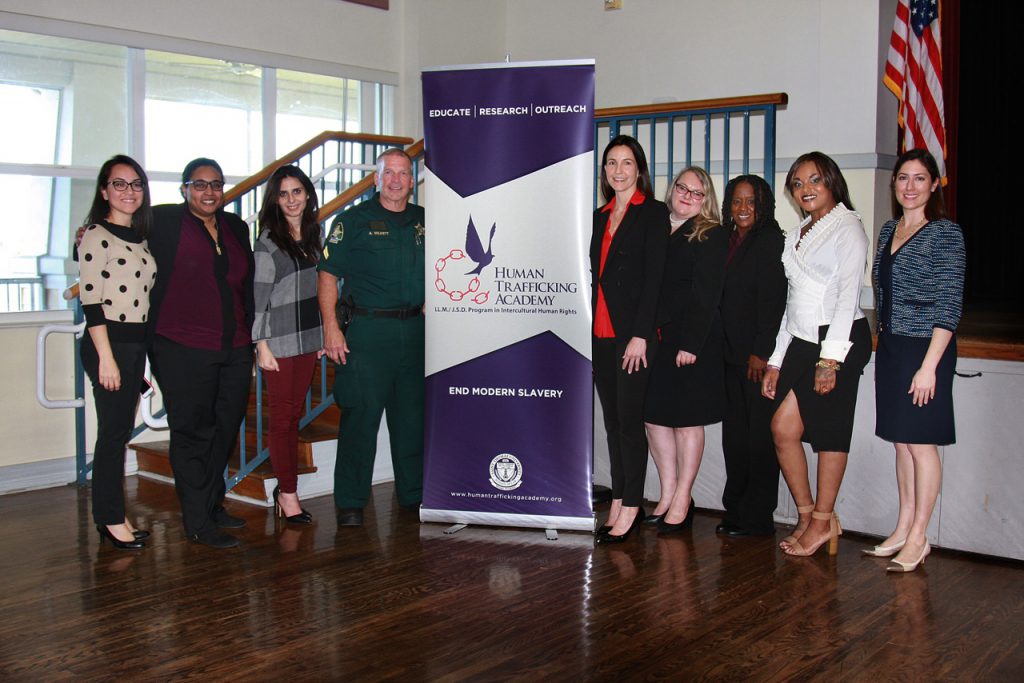
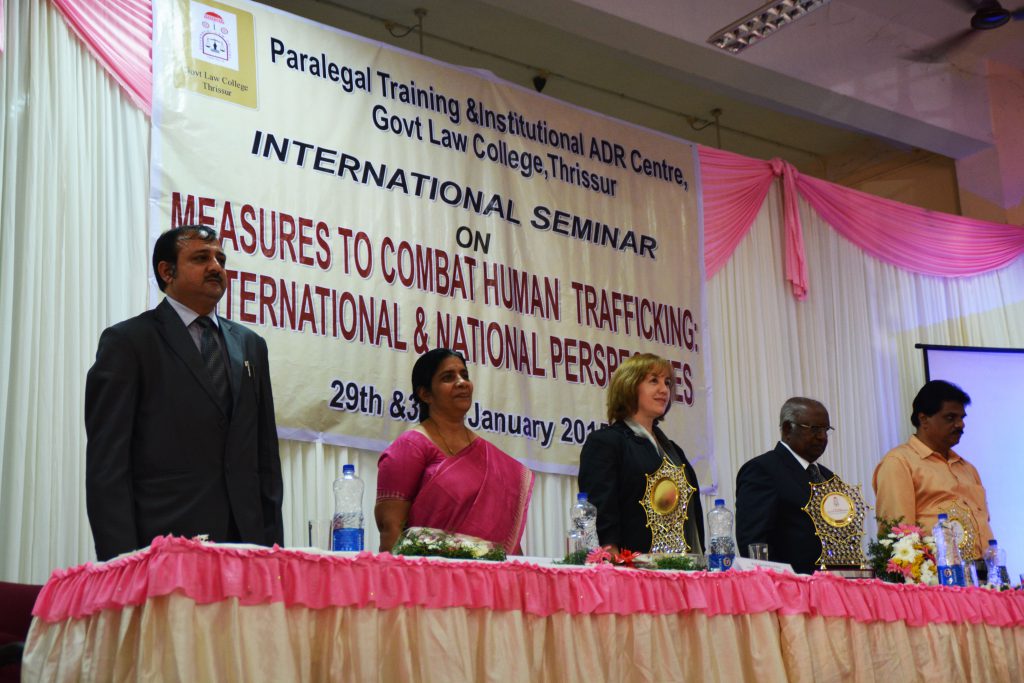
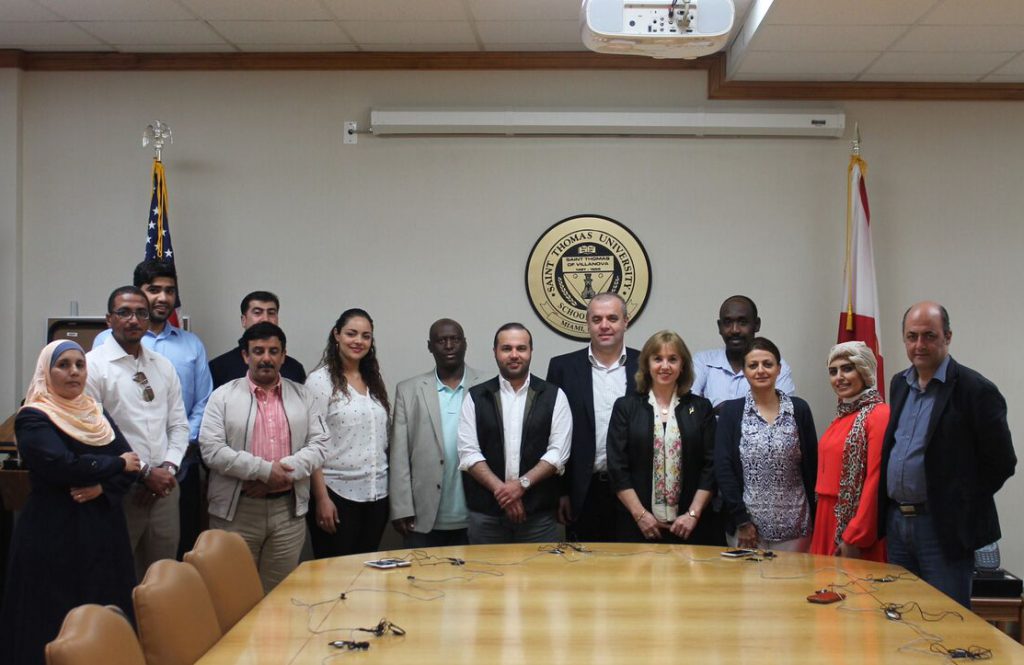
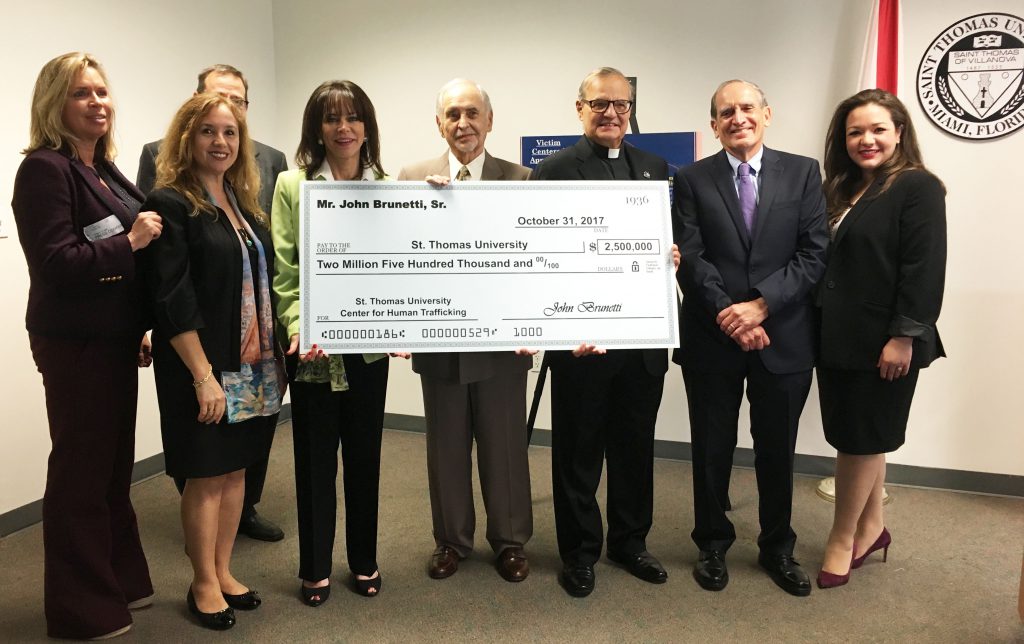


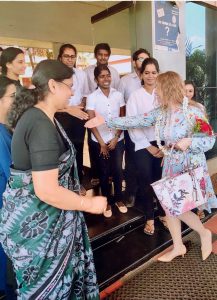
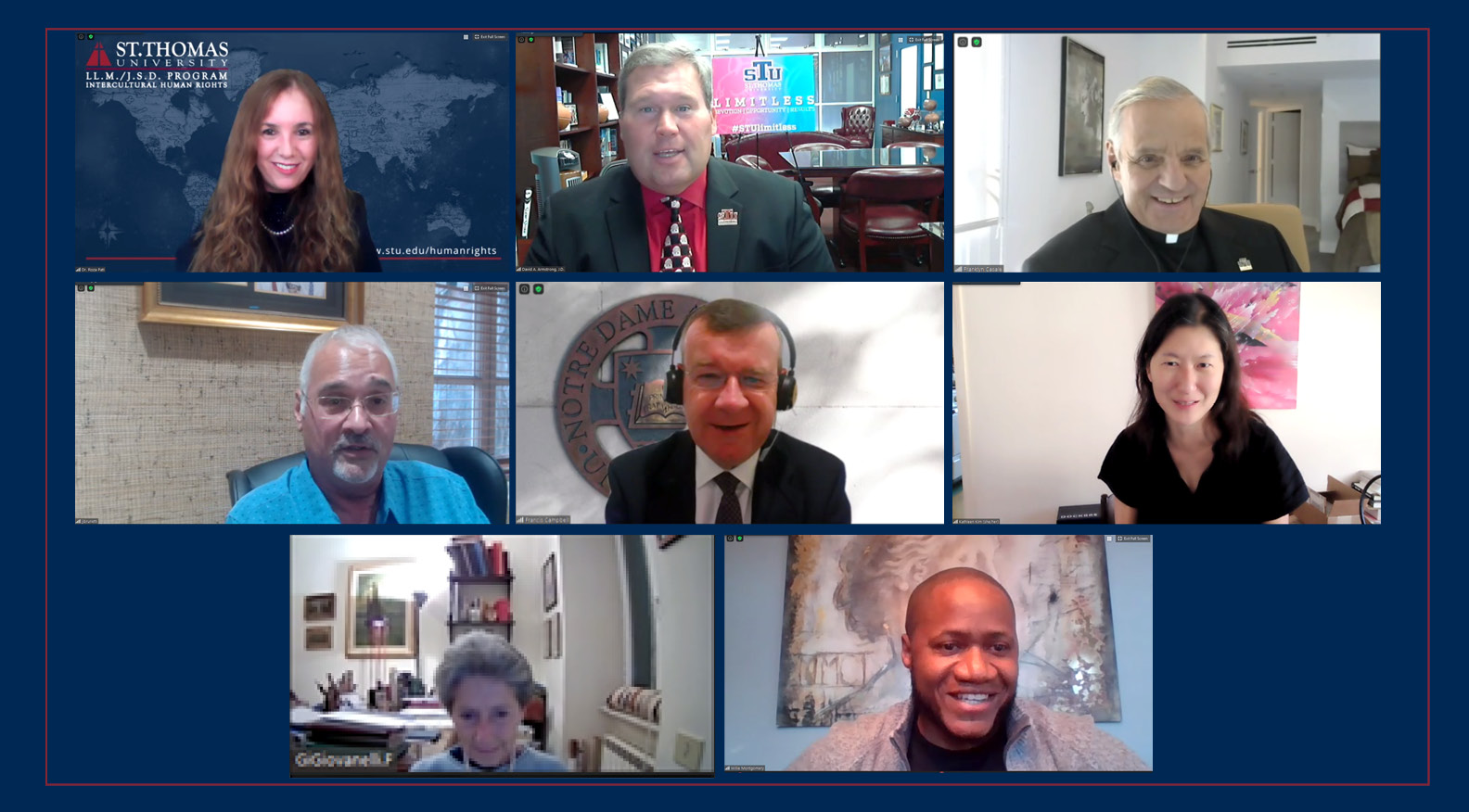
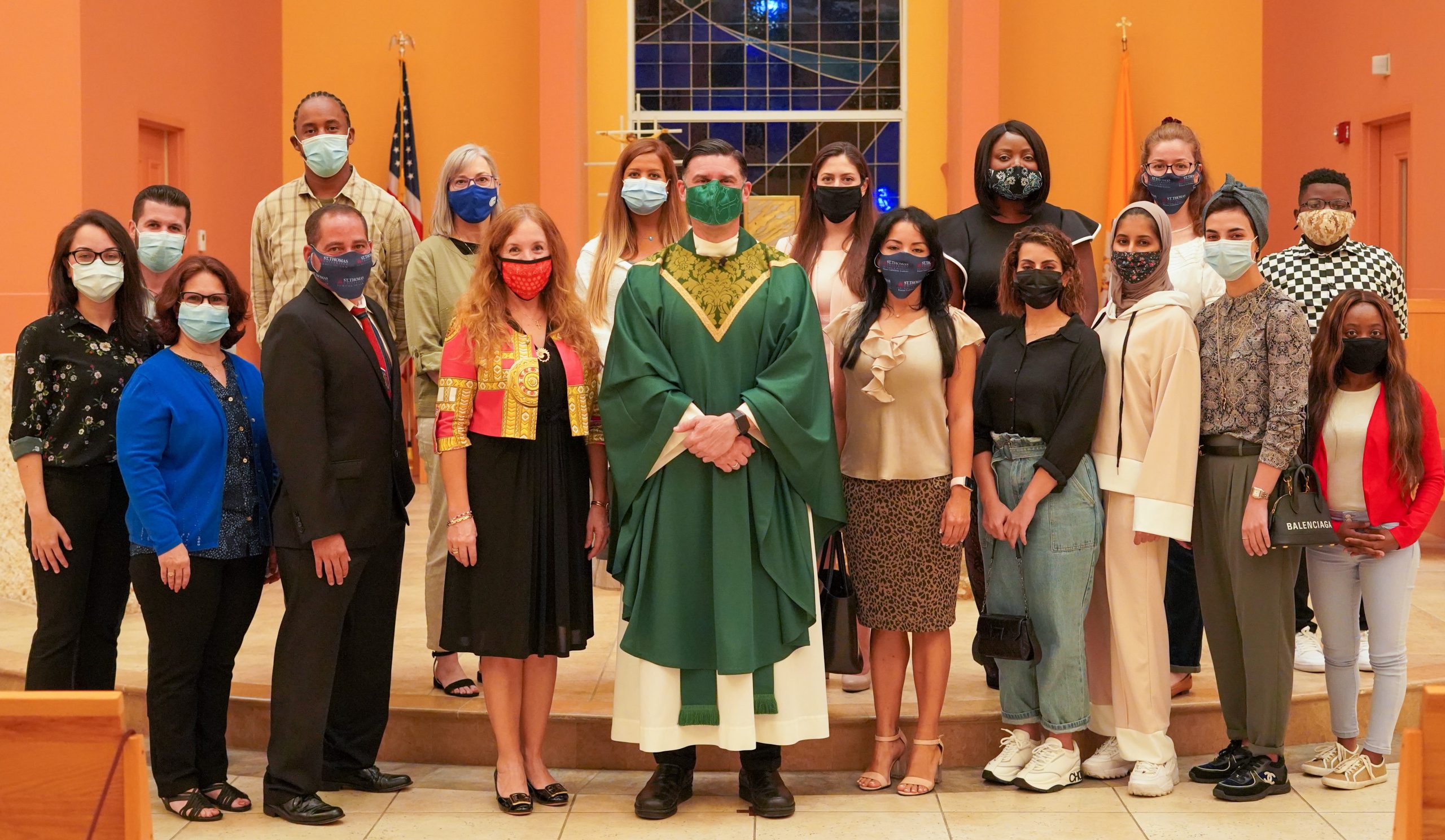
 Ramona D. Miller
Ramona D. Miller Detective Krysten Ridenour
Detective Krysten Ridenour
 The Honorable Amira D. Fox
The Honorable Amira D. Fox Juliana Diaz, LMHC
Juliana Diaz, LMHC Crystal Lee Hamilton
Crystal Lee Hamilton Erika Pineros, LMHC
Erika Pineros, LMHC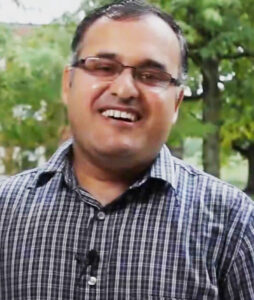 M. Kazam Hashimi
M. Kazam Hashimi
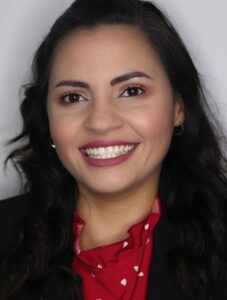 Maryem Reyes
Maryem Reyes
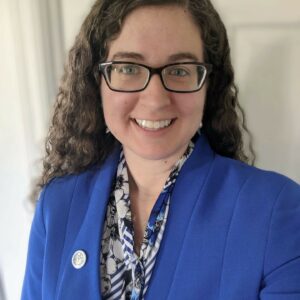 Jennifer Reyes Lay
Jennifer Reyes Lay Sloane Davidson
Sloane Davidson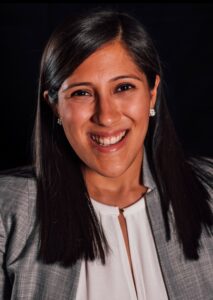
 Ana I. Vallejo, Esq.
Ana I. Vallejo, Esq.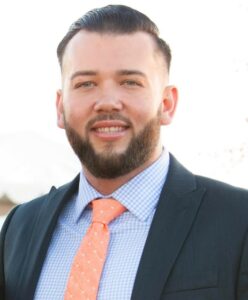 The Honorable Suamhirs Piraino-Guzman
The Honorable Suamhirs Piraino-Guzman Caroline Chisholm
Caroline Chisholm Imelda Medina, MD, MPH
Imelda Medina, MD, MPH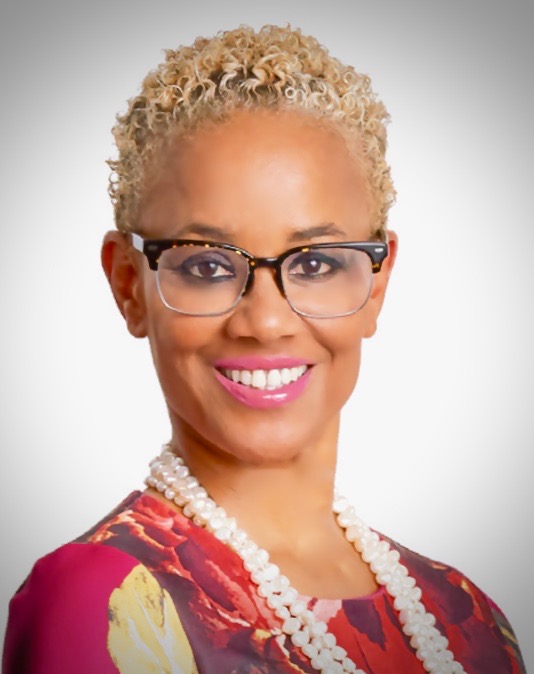
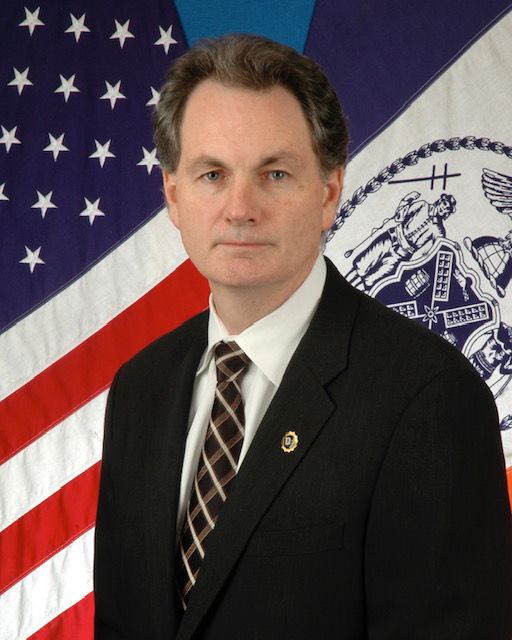
 Kutisha T. Ebron
Kutisha T. Ebron The Honorable Kwami Adoboe-Herrera
The Honorable Kwami Adoboe-Herrera Rebekah Charleston
Rebekah Charleston
 Maria Florencia Cornu Laport, Esq.
Maria Florencia Cornu Laport, Esq.
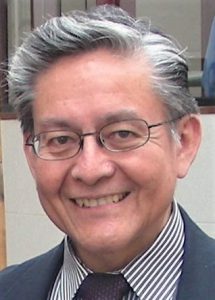




 Maria Vega
Maria Vega




 Gabriela DeBellis
Gabriela DeBellis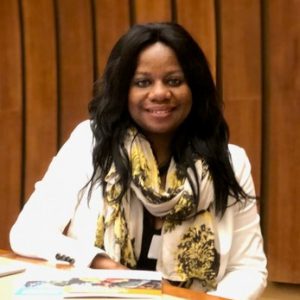 Lerina Bright
Lerina Bright

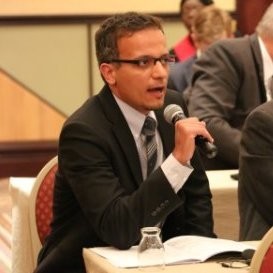
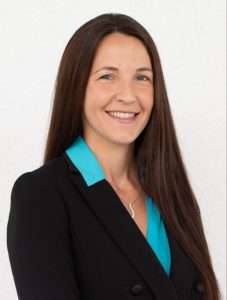
 Ronke Giwa Onafuwa
Ronke Giwa Onafuwa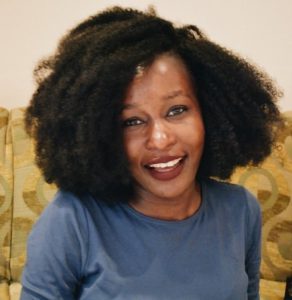

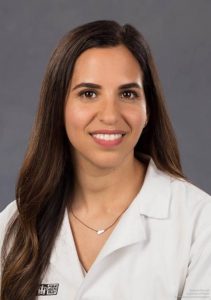
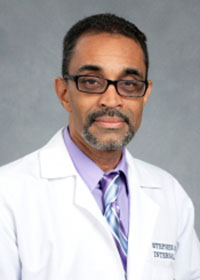

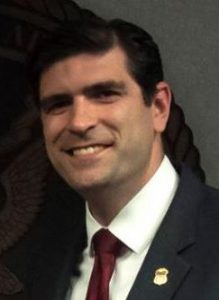

 Myriam Mézadieu
Myriam Mézadieu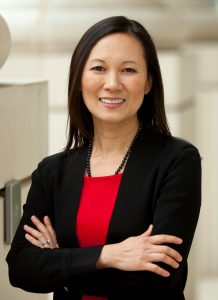 Thear Suzuki
Thear Suzuki Mary Anne Silvestri
Mary Anne Silvestri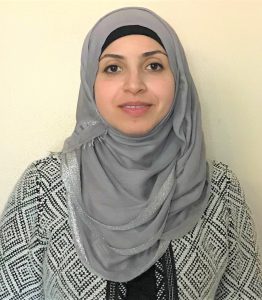

 Susan Patterson
Susan Patterson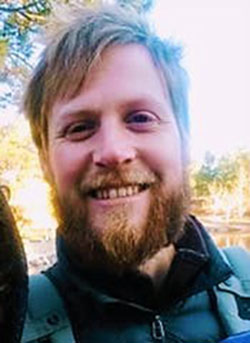 Jordan Bruxvoort
Jordan Bruxvoort